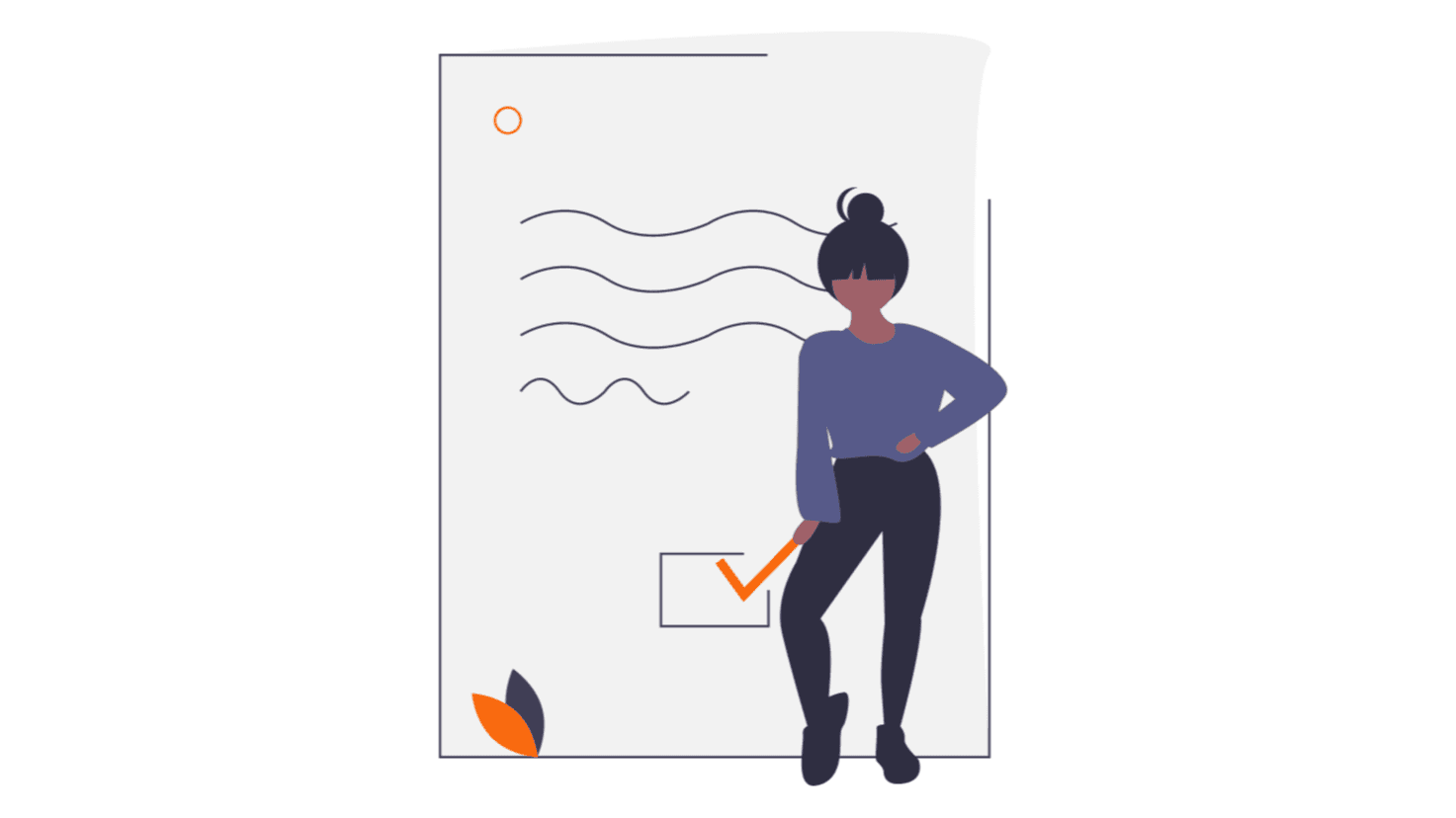Checklist: Returning your car after the Lease
You had a great time with your car, but now your lease is coming to an end, and you have decided you do not want to purchase it. Perhaps you want to get a different car through a lease or go for a different financing option. Whatever your reasons are, this means you will have to return your car to the leasing company. Of course you took great care, but scratches and dents can happen - but what is excepted wear-and-tear, and what is excessive damage?
Since leasing means you only use the car, but do not own it, returning your car is linked to a quality check-up. At gowago, we work together with skilled employees of Galliker Service AG in order to assess the state of your car.
Here, gowago will provide you with a list of all the things you definitely need to check on your car a few months before you return it. Once you have gone through all the points on this list, you will be able to assess what is acceptable damage and what is not. Depending on the damage, you might be able to still repair it through your insurance, so that you can avoid additional costs when returning the car and smoothly move on.
7. Installations and extensions
1. Tires
Acceptable
- Minimum tread depth 2 mm (1.6 mm legal minimum), regardless if winter, summer, or all-season tires.
2. Rims
Acceptable
- Wheel covers with light (max.2 cm) scratches, no breakage
- Intact steel rims with slight rust
- Intact aluminum rims with superficial paint damage (max.2 cm)
- Max 2 superficial damages per rim
Unacceptable
- Broken wheel covers
- Deformed Steel rim flanges
- Heavily destroyed aluminum rims
- Aluminum rims with chips, bridges or deformations
- Missing parts (for multi-part rims)
3. Paint
Acceptable
- Damage removable through polishing
- Stone chip damage at front (< 3 stone chips per cm2 or max. 10 stone chips per part)
- Light scratches door handles
- Slight paint abrasions on the door edges and on bumper
- Paint changes (e.g. fine hairline scratches)
- Matt spots in the paint
Unacceptable
- Scratches that require painting
- Paint damage caused by paint thinner, battery acid, tree resin, bird droppings, etc.
- Rust spots / rust film
- Traces of stickers
- Color inconsistency from repairs
4. Body
Acceptable
- Max. 2 dents (2cm) per body part
- Superficial dents (no chipped paint)
- Damage that does not affect road safety
Unacceptable
- Dents greater than 20 mm (> 1 franc piece)
- Chipped Paint
- Cracked, crushed or broken bumper bars, spoilers,grille etc.
- Hail damage
- Unrepaired accidental damage (e.g. cracked bumper)
5. Glass & Lights
Acceptable
- Glass damage that does not impair road safety (e.g. stone chips in the headlights without cracking or breaks in lens)
- Some stone chips on the windshield (no affect on driver’s view)
Unacceptable
- Damage that impairs road safety (e.g. damages in windshield glass layer impairing the driver’s view)
- Broken headlights, auxiliary headlights and lamps
- Impacts on windscreen, which the STVA needs to verify, will not be accepted.
6. Interior / Cargo area
Acceptable
- Color changes in the interior / cargo area (e.g. fading due to sunlight) and wear of upholstery and trim (bolster driver’s side)
- Signs of wear on the seats
Unacceptable
- Dirt and damage (e.g. burn holes, tears, cuts, smell)
- Heavily soiled interior parts
- Boreholes from installations
7. Installations and extensions
Acceptable
- Reversable changes (no or little trace - f.e. seat covers)
Unacceptable
- Permanent changes
8. Mechanics
Acceptable
- Wear that does not affect the road safety
Unacceptable
- Wear that impairs the road safety
9. Vehicle accessories
- The absence of items of equipment and equipment that were included in the scope of delivery (e.g. keys, navigation CD, radioCode card, first aid kit contents, SD card, luggage and rear blinds, parcel shelf,High voltage charging cable, etc.) will not be accepted.
10. Excess mileage
- When returning a car, please check the mileage limit that was agreed upon when the contract was stipulated. If the car exceeds this agreed-upon mileage limit, excess mileage charges will apply, and you will be responsible for covering these charges. The cost for each extra mile beyond the agreed limit can be estimated by contacting our customer support.
Conclusion
As the curtain closes on your current car lease, it's essential to remember that the return process is as significant as the day you drove off the lot. Returning your leased vehicle to gowago doesn't have to be a daunting task. By following the comprehensive checklist provided, you can ensure that your car meets the acceptable standards for wear and tear, avoiding any unnecessary costs.
Download our PDF-Checklist, so that you can really make sure you don’t forget any of these points when doing your self-assessment!
As you prepare to bid farewell to your current companion on the road, take a moment to appreciate the journeys you've shared. Then, look forward to the new adventures that await with your next vehicle, equipped with the knowledge and preparedness to make the most of your leasing experience. With gowago's guidance, you're ready to turn the page and drive forward into the future.


